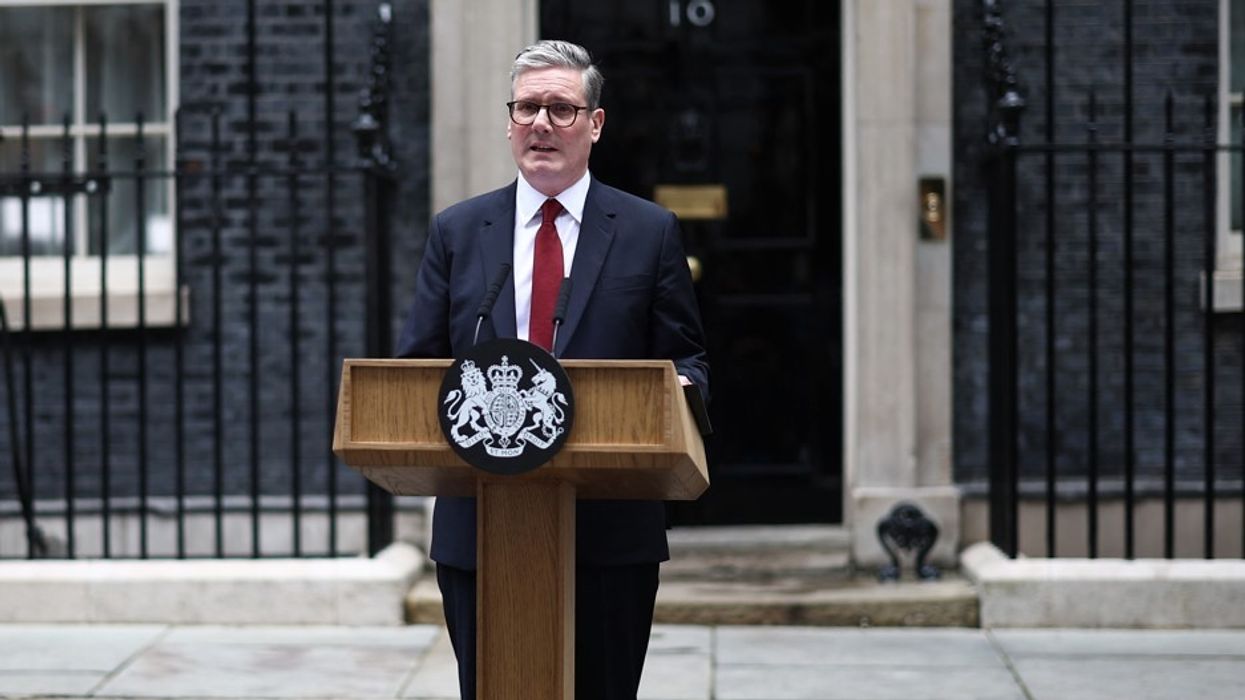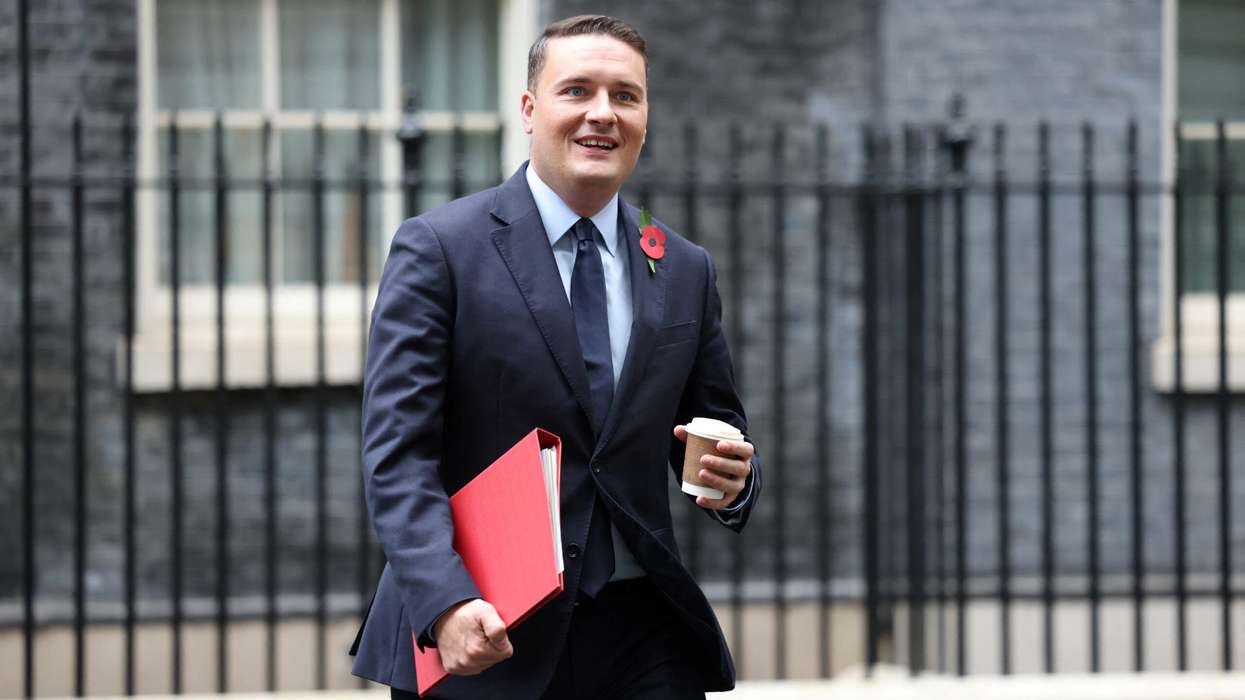THE GOVERNMENT will reinstate winter fuel payments to millions of pensioners this year, reversing an earlier decision that had removed the benefit for most recipients in England and Wales. The move comes after months of criticism and political pressure on prime minister Keir Starmer.
After taking office in July, Starmer's Labour government had removed the winter fuel payments for all but the poorest pensioners as part of broader spending cuts.
The government said at the time that the cuts were necessary to address a gap in the public finances created by the previous Conservative administration.
Means-testing remains for wealthier pensioners
On Monday, the government announced it would restore the payments to 9 million pensioners. Only about 2 million people earning above £35,000 will remain excluded from the £200–£300 heating subsidy during the winter months.
The initial decision had faced opposition from dozens of Labour MPs and was seen as a factor in the party’s recent electoral setbacks, including gains made by Nigel Farage’s Reform UK party in local elections. Reform UK also leads in national opinion polls.
Chancellor Rachel Reeves said the decision to exclude wealthier pensioners still stands and defended the initial cuts.
“Because of those decisions, our public finances are now in a better position, which means that this year we're able to pay the winter fuel payment to more pensioners,” she said.
Treasury costings and political fallout
The Treasury said the reversal would cost £1.25 billion, while means-testing the benefit would still result in savings of about £450 million. It added that the move would not lead to permanent additional borrowing and that funding plans would be set out in a budget later this year.
Speaking at a press conference in Wales, Farage claimed credit for the U-turn.
“The Labour government are in absolute state of blind panic, they are not quite sure what to do,” he said. “Reform are leading now much of their agenda.”
Starmer had indicated last month that he would reverse the cuts.
According to the Institute for Fiscal Studies, the earlier policy change had resulted in around 85 per cent of pensioner households losing access to the benefit.
(With inputs from agencies)





